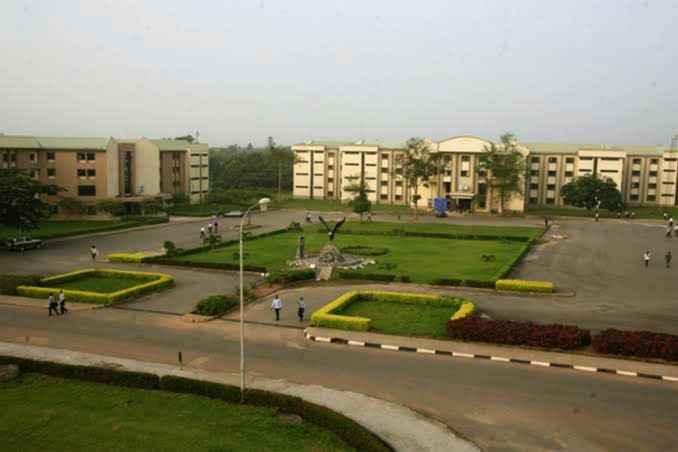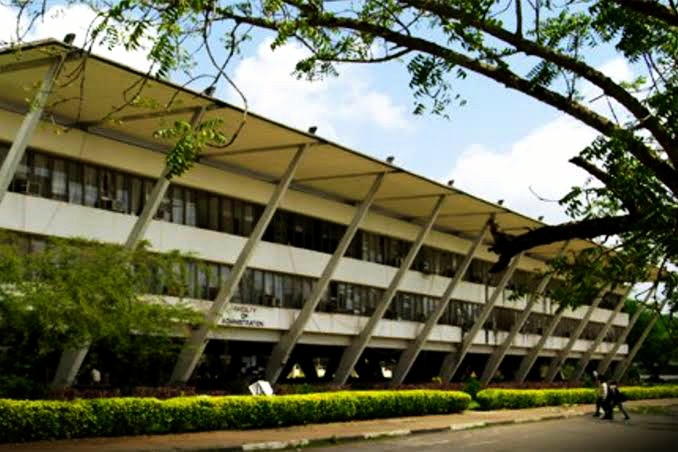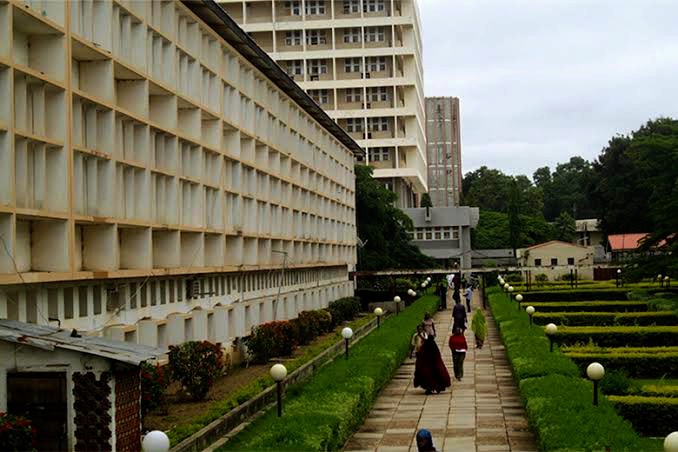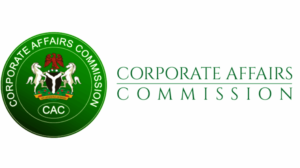
Top Universities in Africa

Egypt might have the most universities on the 2025 QS top universities in africa global ranking, but South Africa boasts the continent’s highest-ranked institutions. Notably, the University of Cape Town stands as the leading African university, albeit ranked only 171st globally. Additionally, South Africa has four universities in Africa’s top five. In contrast, Cairo University, Egypt’s top entry, ranks fifth in Africa but 350th globally. Altogether, only 40 African universities made it onto the list of approximately 1,500 institutions worldwide.
The Rankings of Top Universities in Africa

The QS Top Universities ranking, one of the most respected global university rankings, evaluates institutions based on several criteria, including academic reputation, employer reputation, faculty/student ratio, citations per faculty, international faculty ratio, and international student ratio. This multifaceted approach aims to provide a comprehensive overview of university performance across different areas.
In the 2025 QS ranking, the University of Cape Town (UCT) leads among African institutions. Although its global position is 171st, this placement underscores the challenges African universities face on the global stage. Following UCT, other South African universities like Stellenbosch University, the University of the Witwatersrand, and the University of Pretoria also feature prominently within the African top five. Egypt’s Cairo University, despite being a leader in its country, ranks significantly lower on the global scale at 350th.
Top Universities in Africa: Factors Contributing to Low Rankings

African universities’ relatively low positions on the QS ranking stem from poor performance in several key areas. Three primary factors significantly affect their standings: academic reputation, faculty-to-student ratio, and citations per faculty.
Academic Reputation
Academic reputation, a significant metric in the QS ranking, accounts for 40% of the total score. Specifically, it derives from a global survey of academics who rate institutions based on their research quality and output. Unfortunately, African universities often struggle in this area due to limited international visibility and engagement. This limitation, in turn, hampers their ability to compete with institutions from regions like North America, Europe, and Asia, which have more extensive research networks and higher visibility.
Faculty-to-Student Ratio
The faculty-to-student ratio, another critical factor, influences 20% of the QS ranking score. Specifically, it reflects the number of academic staff relative to the student body, indicating the level of support and attention students can expect to receive. However, many African universities face challenges in this area due to resource constraints, leading to higher student numbers per faculty member. Consequently, this imbalance negatively impacts the overall quality of education and the ability to provide personalized attention to students.
Citations per Faculty
Citations per faculty measure the impact of research conducted by university staff, contributing 20% to the QS score. It assesses how often an institution’s research gets cited by other researchers, indicating its influence and relevance. African universities often record low scores in this metric, as illustrated by Cairo University’s score of 3 out of 100 in faculty citations. This low score reflects challenges in producing widely recognized and impactful research, often due to limited funding, resources, and access to international research networks.
Top Universities in Africa: Areas of Strength

While African universities face significant challenges in ranking highly on global scales, they excel in other crucial areas that contribute to their regional strengths. Two key areas where African universities perform well include participation in international research networks and employment outcomes for graduates.
International Research Networks
Participation in international research networks serves as a critical indicator of a university’s global engagement and collaboration. African universities have increasingly sought to establish and strengthen their presence in these networks. Collaborations with international institutions allow African universities to contribute to and benefit from global research initiatives, enhancing their research capabilities and visibility.
For instance, the University of Cape Town and Stellenbosch University participate in several international research consortia, working on projects that address global challenges such as climate change, health, and sustainable development. These collaborations not only enhance the research output of these institutions but also improve their standing in specific areas of the QS ranking.
Employment Outcomes
Another area where African universities excel lies in the employment outcomes of their graduates. Despite challenges in academic reputation and research impact, institutions like Makerere University in Uganda, the University of Nairobi in Kenya, and the University of Lagos in Nigeria are recognized for their strong employment outcomes. These universities have established strong links with local and regional industries, ensuring that their graduates are well-prepared for the job market.
The emphasis on practical skills, entrepreneurial training, and industry partnerships helps African graduates compete successfully in the job market. This focus on employability is critical in regions where economic opportunities are limited and higher education is seen as a key driver of social mobility.
Case Studies of Top African Universities

To understand the dynamics of African universities’ performance, it helps to examine specific institutions in more detail. Here, we look at the University of Cape Town, Cairo University, and Makerere University.
University of Cape Town

The University of Cape Town (UCT) ranks as Africa’s highest-ranked institution, holding the 171st position globally in the 2025 QS ranking. UCT excels in several areas, including international research collaborations and graduate employability. Its strong performance relies on robust funding, significant research output, and a high level of international engagement.
UCT’s challenges lie primarily in the faculty-to-student ratio and academic reputation. While it performs well regionally, it struggles to match the visibility and recognition of leading global institutions. To address this, UCT focuses on enhancing its research impact and expanding its international partnerships.
Cairo University

Cairo University, the top-ranked institution in Egypt, places 350th globally in the QS ranking. Despite its historical significance and large student population, Cairo University faces significant challenges in research impact and faculty-to-student ratio. Its low score in citations per faculty highlights the difficulties in producing internationally recognized research.
Efforts to improve Cairo University’s standing include increasing funding for research, encouraging international collaborations, and enhancing the quality of academic programs. By addressing these issues, Cairo University aims to improve its global visibility and academic reputation.
Makerere University

Makerere University in Uganda, though not in the African top 10, stands out for its strong employment outcomes. The university’s focus on practical skills and industry partnerships has ensured that its graduates are well-prepared for the job market. Makerere’s challenges include improving its academic reputation and research impact, areas where it scores poorly in the QS ranking.
The university actively seeks to enhance its research capabilities through international collaborations and increased funding for academic programs. By strengthening its research output and academic reputation, Makerere University aims to climb higher in future global rankings.
The Path Forward for African Universities

To improve their standings on global rankings like the QS Top Universities list, African institutions must address several key areas. Increasing research funding, enhancing faculty development, and fostering international collaborations are critical steps. Additionally, improving the quality of education through better faculty-to-student ratios and innovative teaching methods can significantly impact their performance.
Enhancing Research Capabilities
One of the most effective ways to improve global rankings involves enhancing research capabilities. This requires increasing funding for research, establishing robust research infrastructure, and fostering a culture of academic excellence. African universities must also focus on producing high-impact research that addresses global challenges and attracts international recognition.
Building International Collaborations
International collaborations play a crucial role in improving the visibility and impact of African universities. Furthermore, partnerships with leading global institutions can facilitate knowledge exchange, joint research projects, and academic mobility. Moreover, these collaborations not only enhance the research output of African universities but also improve their academic reputation and global standing.
Focusing on Employability
Ensuring that graduates are well-prepared for the job market is another crucial area for African universities. Strengthening links with industry, offering practical training, and promoting entrepreneurial skills can enhance the employability of graduates. This focus on employability not only benefits students but also improves the reputation of the universities in the eyes of employers and academic peers.
Overall

African universities face significant challenges in competing on the global stage, as reflected in their positions on the 2025 QS Top Universities ranking. Issues such as low academic reputation, poor faculty-to-student ratios, and low research impact hinder their global performance. However, these institutions excel in areas like international research collaborations and graduate employability, highlighting their regional strengths.
By addressing their weaknesses and building on their strengths, African universities can improve their global standings and make a more significant impact on the international academic landscape. Increased research funding, enhanced international collaborations, and a focus on employability serve as key strategies that can help these institutions rise in future global rankings.
Click to get more Top Universities in Africa
Related Topics
Top 10 Best Universities in the World
Student Loan in Nigeria Disbursal to Successful Applicants by FG


